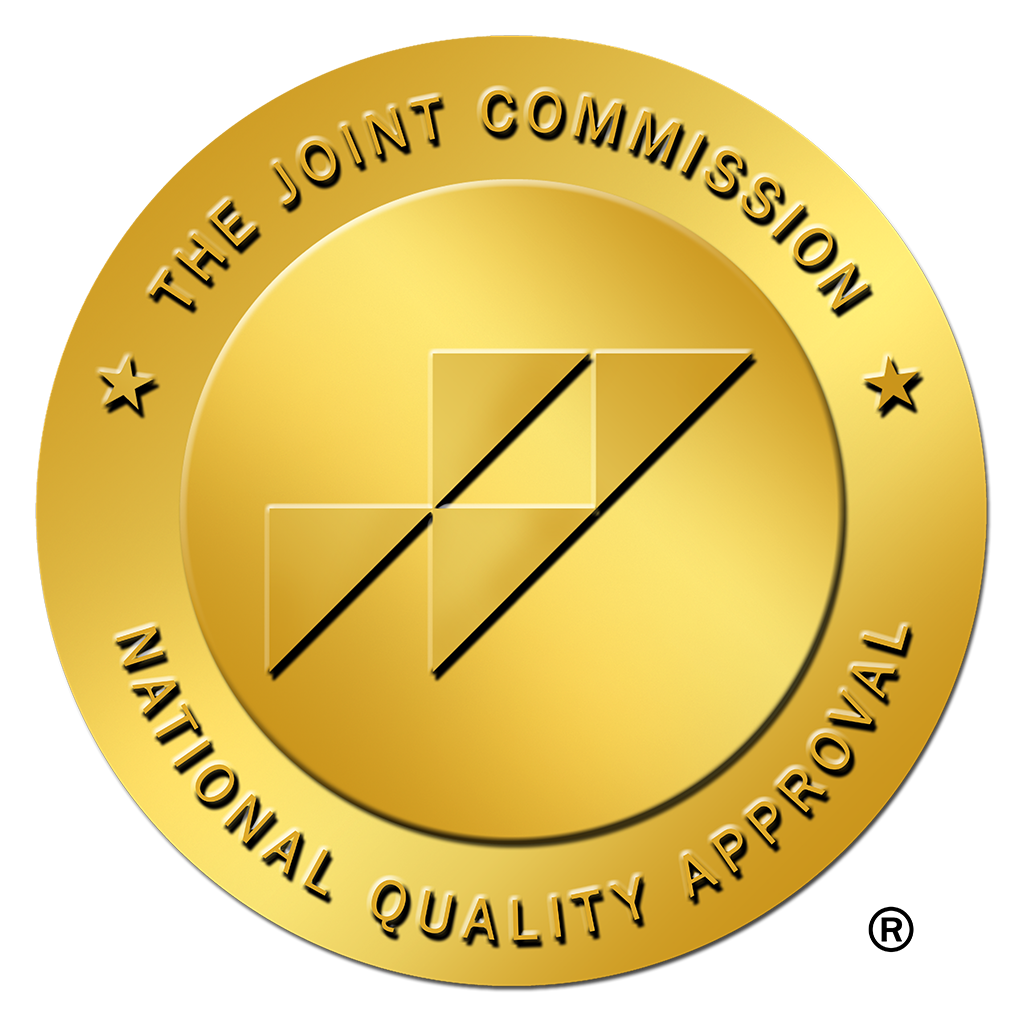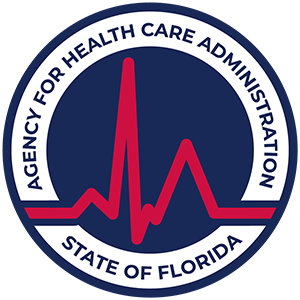Eye Movement Desensitization and Reprocessing (EMDR)
At Milton Recovery Centers, we understand that painful memories and trauma can feel overwhelming. Our goal is to help you break free from the past and find peace. We use Eye Movement Desensitization and Reprocessing (EMDR) therapy to support your healing journey. Whether you’re dealing with mental health challenges or substance use issues, our caring team is here to guide and support you every step of the way.

What Is Eye Movement Desensitization and Reprocessing (EMDR) Therapy?
Eye Movement Desensitization and Reprocessing (EMDR) helps the brain process difficult memories so they lose their emotional grip. Instead of relying on traditional talk therapy, EMDR uses guided eye movements to reprocess trauma.
This allows the brain to reorganize distressing experiences in a way that reduces their impact. Over time, painful emotions fade, and negative thought patterns shift, helping you move forward with greater confidence.
How EMDR Helps with Mental Health & Substance Use Treatment
At Milton Recovery Centers, we use EMDR to treat a range of mental health, substance use disorders, and the underlying struggles. This includes:
- PTSD & Trauma – Reduces flashbacks, nightmares, and emotional triggers.
- Anxiety & Panic Disorders – Helps break cycles of fear and overwhelming worry.
- Depression – Reframes negative thoughts and eases emotional distress.
- Substance Use Disorders – Addresses underlying trauma that contributes to addiction.
- Grief & Loss – Helps process painful emotions and move toward healing.
- Low Self-Esteem & Negative Thought Patterns – Strengthens self-worth and resilience.
What to Expect in an EMDR Session
EMDR therapy follows an eight-phase approach that allows for safe, structured trauma processing. A session may look like:
- Your therapist will guide you to focus on a specific memory.
- While recalling the memory, you will follow a pattern of eye movements, sounds, or taps.
- Over time, the memory becomes less distressing, and you begin to see it in a new, less painful way.
The Eight Phases of EMDR Therapy
- History & Treatment Planning – Your therapist learns about your past, current struggles, and goals for therapy. Together, you identify specific memories or experiences to focus on.
- Preparation – You build trust with your therapist and learn coping skills to manage distress. This includes grounding techniques, deep breathing, and visualization to help you feel safe during the process.
- Assessment – You identify a specific traumatic memory to target. Your therapist helps you recognize the negative beliefs and emotions tied to that memory.
- Desensitization – While recalling the memory, you follow bilateral stimulation (such as guided eye movements, tapping, or sounds). This helps your brain reprocess the memory, reducing its emotional intensity.
- Installation – You replace negative beliefs with positive, empowering thoughts. Instead of feeling powerless or unsafe, you learn to associate the memory with strength and resilience.
- Body Scan – You check in with your body to notice any lingering tension or distress. If discomfort remains, your therapist will guide you through more processing until the memory feels neutral.
- Closure – Each session ends with stabilization techniques to ensure you feel safe and grounded before leaving. You’ll also discuss any insights or progress made.
- Reevaluation – At the start of your next session, you and your therapist review your progress and decide if more work is needed on that memory or if it’s time to move on to another.
Each phase helps process trauma in a safe, structured way, allowing your brain to heal naturally. Many people begin to feel relief within a few sessions!
Find Healing with EMDR Treatment at Milton Recovery Centers
You don’t have to carry the weight of the past alone. We incorporate EMDR into our Partial Hospitalization Program (PHP) and Intensive Outpatient Program (IOP) to support deep healing. EMDR can help you process trauma, reduce distress, and build a stronger future. Let Milton Recovery Centers support you on your journey—reach out today to get started.
Do You or a Loved One Need Treatment?
Our trained, compassionate staff have answers to your questions about treatment. Milton provides:
- Access to top-rated addiction and mental health treatment
- Empathetic and caring assistance
- Guidance on seeking treatment
Verify Your Insurance
If you have questions about your insurance coverage for treatment, our team will review your policy and help you get the care you need.
Are You Ready to Get Help?
Our treatment specialists are available 24/7 to help you or your loved one find a treatment program that suits your needs.



